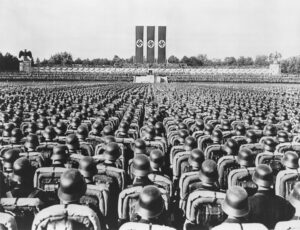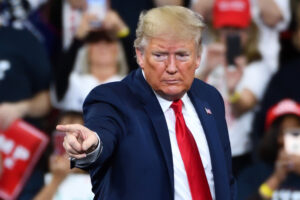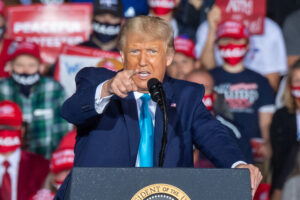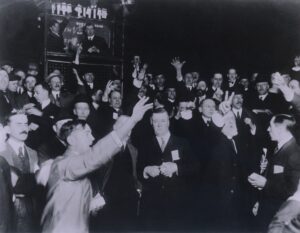
After the Americans failed to help, Lumumba traveled to the Soviet Union to seek their assistance. Joseph Kasa-Vubu, leader of the rival party Alliance des Bakongo, who had been installed as president by the Congolese Parliament, saw this move as an act of treason and called for Lumumba’s immediate arrest. This event would make Eisenhower’s administration take notice as they believed that the Congo was on the brink of becoming Africa’s first communist state, so decided to back Mobutu in a coup attempt. Despite the support of the Americans, the coup would fail and the country would devolve into five years of violence and chaos which ultimately resulted in Lumumba’s imprisonment and subsequent execution by firing squad on 17th January 1961.
His death and the general instability in the country would spark waves of political riots and violence as groups splintered into different political factions until a second coup took place in 1965. Mobutu’s seizure and consolidation of power would be successful this time and by 1966 he was proclaimed as the nation’s “Second National Hero” after Lumumba, despite playing a large hand (with the help of the Belgian authorities) in the capture and murder of his predecessor. He quickly assumed almost absolute power and would establish a brutal dictatorship that would endure until he was overthrown and exiled by the Alliance of Democratic Forces for the Liberation of Congo-Zaire (AFDL) in 1997. It’s estimated that around 100,000 perished during the crisis and Mobutu’s ruthless regime would add many more to that figure over the preceding three decades.







